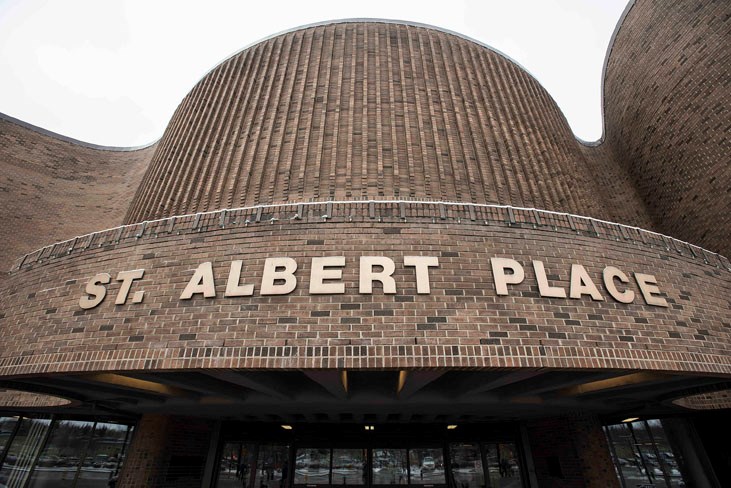St. Albert could be looking at a minimum 1.5 per cent increase to property taxes each year starting in 2020 as city council works to address a major funding gap.
The increase, which still needs to be finalized at city council proper, received majority support during Monday’s governance, priorities and finance meeting as a starting point to address a yearly capital funding shortfall of approximately $17 million. The deficit is primarily in the area of repairing, maintaining and replacing (RMR), which covers everything the city owns from facilities and vehicles to sidewalk repair and potholes.
If it receives official approval at council, the decision would set a base property tax increase of 1.5 per cent for three years – a number that could be higher depending on what councillors decide at budget time each year.
The committee voted 6-1 in favour, with only Coun. Sheena Hughes opposing, although many acknowledged this was a tough decision to make.
Councillors heard a 1.5 per cent property tax increase would be required for 20 years to completely close the city's funding gap. Mayor Cathy Heron said she limited this plan to three years because she hoped the city could come up with something different in the meantime.
“We will have a little bit better of an idea of what our asset management plan looks like and we’ll have a much better idea, I think, on what this current provincial government is willing to assist us and the federal government,” she said. “It’s tough but we can’t continue to kick (the can) down the road. This is just a provisional solution that will not get us anywhere near the $17-million gap that we’re currently facing.”
Hughes attempted to lessen the burden to taxpayers a bit by proposing an annual increase of 0.75 per cent. She argued it would be an easier starting point for residents, especially with the new electrical franchise fee being added to bills.
The new franchise fee was brought in as another source of income for the city and was credited by Heron for keeping the 2019 tax increase under one per cent.
Hughes argued residents would be paying at minimum a three per cent increase every year when all fees and increases are factored in.
“We have the electrical franchise fee for two more years at 0.7 per cent offset, which will then be offset again because of the borrowing bylaws,” she said. “That’s assuming (chief administrative officer) Mr. (Kevin) Scoble does not come forward with new staffing costs or anything else in the next 20 years in budgeting. Good luck.”
Her idea was ultimately shot down in a 5-2 vote with Coun. Ken MacKay siding with Hughes. Council heard a 0.75 per cent increase would do nothing to address the funding gap, which the 1.5 per cent is forecasted to do over two decades.
Coun. Ray Watkins countered by saying municipalities across the country and the world are facing a “repair, maintenance and replacement crisis” with infrastructure crumbling and governments not having enough money to do anything about it.
“Do you want to see the St. Albert Trail bridge fall into the Sturgeon River because we can’t repair it?” he said. “You may think that the sky is falling in that scenario, but that could happen. Bridges are very expensive things to maintain and repair. We just can’t keep going on this way. We have to find another alternative.”
Coun. Natalie Joly suggested the city could look at ways of reducing levels of service to help address the issue that way.
Back in March, council learned roughly 60 per cent of the grants received by the city is used for RMR related projects.
This point was hammered home when Stephen Graham, the city’s senior business analysts, highlighted how the city’s capital spending outpaced its revenue growth. In the last eight years, the city’s capital asset base (excluding land and utilities) grew an average of 4.1 per cent, while assessment growth (the city’s main source of money) rose on average by 2.7 per cent.
Heron disagreed with the notion that council over the last few years was on a spending spree.
“We haven’t build a rec centre, we haven’t built a fire hall, we haven’t built much,” she argued. “Besides the basics, we haven’t done a lot of growth, not substantial, not big. So I don’t think we’ve been on a huge spending spree.”




